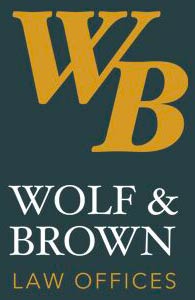Last week, the Supreme Court denied a Social Security Disability Insurance plaintiff’s proposal to establish a rule that effectively requires vocational experts to turn over the “substantial evidence” underlying their opinions in every case.
Michael Biestek claimed that he was unable to work because he suffered from degenerative disc disease, Hepatitis C and depression. However, Erin O’Callaghan, a vocational expert, testified against Biestek in proceedings describing types of work that Biestek could still perform based on labor-market surveys. When asked to provide evidence, O’Callaghan declined to submit the surveys to Biestek’s attorney upon request.
According to ScotusBlog.com, “…the agency must establish which jobs, if any, the claimant can perform, with the aid of a vocational expert…The SSA’s administrative law judge asks them questions about whether a claimant with a hypothetical set of impairments could find work that exists in substantial numbers…The vocational expert therefore has enormous influence of the case’s outcome: A favorable vocational expert sometimes can help a claimant more than a sympathetic judge.”
According to an article published by CourthouseNews.com, “Biestek claimed that the administrative law judge could not consider the testimony as substantial evidence, but a federal judge disagreed…” Biestek’s benefits were denied using the evidence presented by O’Callaghan.
Biestek was seeking review of this conclusion based upon the fact that the expert would not disclose where she obtained her findings, but the Supreme Court ruled that O’Callaghan’s testimony counts as “substantial evidence” within the confines of the court system.
To learn more about this important Social Security Disability news, click here.
Relevant pages: Social Security Disability


